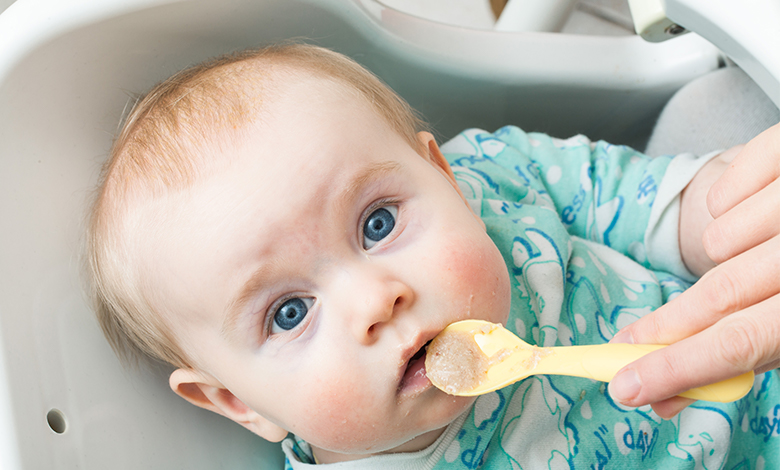EVERY PARENT HAS A STORY – 5 OCT 23 BY TEAM BOUNTY
This parent has come to our #AskTheVillage community for advice about their toddler’s diet.
Toddlers can be a challenge when it comes to eating at the best of times. Add a restricted diet into the mix and it’s natural to worry about whether the food that actually makes it into their bellies is enough to sustain all of the growth and development happening at this stage of their life.
Good nutrition builds resilience by supporting a child’s play, immune system and cognitive development.
“We want to raise our child as a vegetarian…”
A curious parent has come to our #AskTheVillage community to ask for advice about vegetarianism.
“My partner and I both eat mostly veggo and we’re keen to raise our child this way,” they began. “I’d love to hear feedback and tips from other parents on go-to toddler-friendly foods and recipes to ensure your little one gets all the nutrients they need.”
People choose vegetarian diets for a variety of reasons, and many cultures see people exist on purely vegetarian diets their whole lives. Experts agree that a well-planned vegetarian diet can be a very healthy way to eat for people of all ages.
However, many parents, like our reader, may wonder if a vegetarian diet is enough nutrition for children to grow up healthy and strong.
The #AskTheVillage community of parents jumped in with their advice and experience on this very subject.
One commenter praised the advice of none other than superstar Martha Stewart, writing: “Would @marthastewart ever lead us astray? I’d like to think not! I like to cook my nephew the occasional veggie meal and he absolutely loves the dishes from Martha’s ‘kid-friendly’ section! Obviously we make sure to blend up any veggies he might not love but are necessary for his nutrient intake (we’re looking at you spinach) and it always makes for a fun ‘green’ meal!”
Another shared their own experience, writing “My kids love veggie spaghetti. I make the sauce with tomato paste, kidney beans, zucchini and red capsicums. There’s so many great vegetarian options available now – plant-based chicken nuggets are another winner!”
Finding recipes online is easier than ever, and this commenter gave some great recommendations for Australian food bloggers to follow, writing: “Vego bloggers like @Veggieful and @elliewatson have great recipes for families. I am not vegan or even vego all of the time, but our family goes through plant-based phases and I find that the kids will try anything but not always eat a whole lot of it.”
They went on to say that they “back up” those times that the kids might not eat a lot with a fortified milk drink, writing: “I always encourage them to give it a go, but then I back it up (particularly for the much younger ones) with a supplemented milk drink for a bit of peace of mind, nutritionally. I know they’ll ALWAYS finish those.”
Another commenter, who might not have had personal experience, shared some knowledge learned from a friend, writing: “A good friends’ fam are all vego and the kids have been raised that way since birth. When they get older the parents say they can make up their own minds, but they eat a lot of ‘fake’ meat now and the 2yo has a fortified milk to catch any shortfall. Annabel Karmel has some good meat-free options that I give my children. Good luck!”






